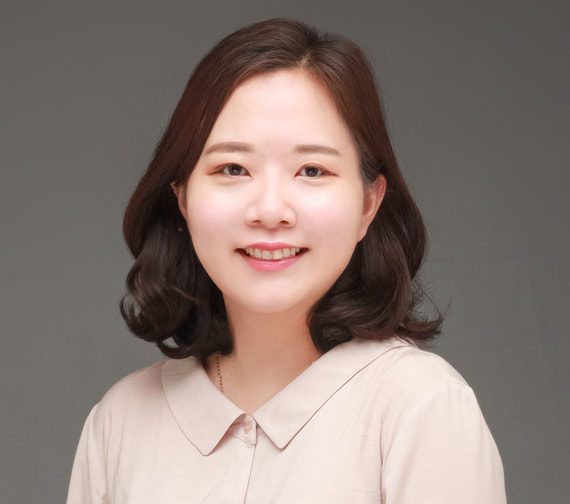IRVINE – On Oct. 13, 2023, Google announced the recipients of its North American and European Ph.D. Fellowships for 2023. Google’s Ph.D. Fellowship Program recognizes “outstanding graduate students doing exceptional and innovative research,” and in the area of human-computer interaction (HCI), Eunkyung Jo’s work on personal informatics systems for mental health stood out.
“When a new technology promises to solve some mental health problem, it often ignores certain stakeholders, including users or healthcare providers,” says Jo, who is earning her Ph.D. in informatics at UC Irvine’s Donald Bren School of Information and Computer Sciences (ICS). “As technology continues to play a significant role in mental healthcare, we need to understand not only the technical aspects but also the human infrastructures that underpin effective implementation.”
Highlighting the importance of this work, Jo was one of eight students in the area of HCI to receive the prestigious 2023 Google Fellowship. The fellowship includes full tuition and fees for up to three years, a stipend for living and travel expenses, and support from a Google Research Mentor.
Improving Patient-Provider Communication
For her dissertation, Jo is exploring two research threads related to human infrastructures of mental health technology. First, she is working to better understand the role of technology in supporting patient-provider communication through patient self-reports.
“Patients’ self-reports are crucial to effective care management, especially when it comes to subjective symptoms impacting daily life,” she explains. “However, patients and providers often have different data needs around patient self-reports.” To bridge these different data needs, Jo is exploring how to let patients annotate digital clinical self-report measures, specifically in the context of discontinuing antidepressants. (See her related work on the discontinuation of psychiatric drugs.)
Understanding Public Health Monitoring
Jo is also studying the human infrastructures of public health monitoring technology. Such technology includes chatbots, sensor-based monitoring systems, and telecare systems that mediate care among informal caregivers and emergency services.
“Public health monitoring technology [can] play a crucial role in tracking and addressing the health issues of vulnerable populations, such as older adults in social isolation,” she says. “I aim to understand how municipal actors select and administer public health monitoring technology in the context of social isolation interventions for older adults.” (See her related work on conversational AI for public health intervention.)
Through her research, she hopes to design technology that more effectively aids individuals seeking mental health support. “Knowing that a renowned industry leader like Google recognizes my efforts and potential is truly humbling and validating,” says Jo. “I’m looking forward to the opportunities that the fellowship offers. It opens doors to a network of remarkable researchers at Google and exciting collaborative projects.”
